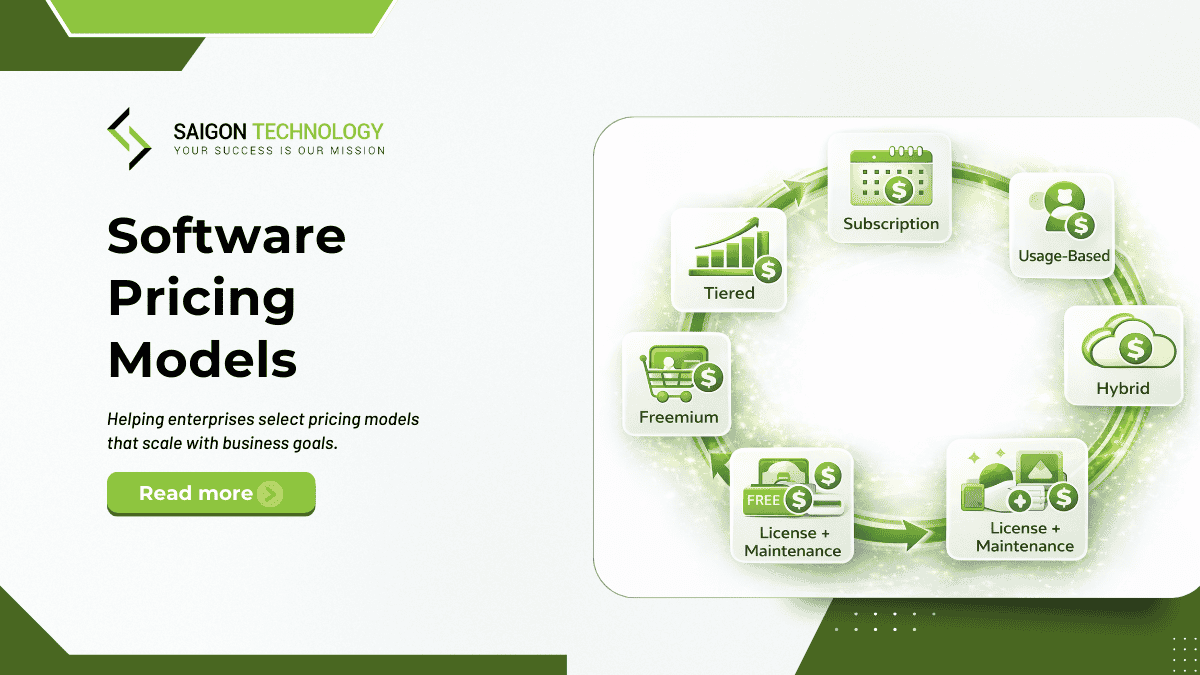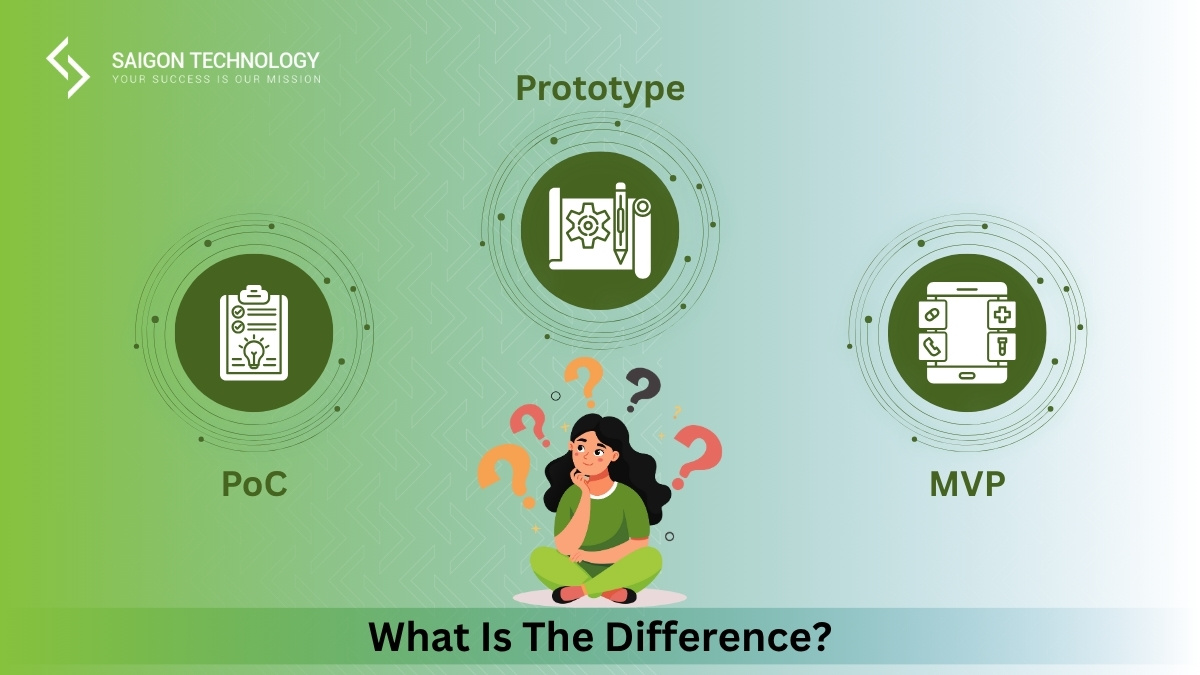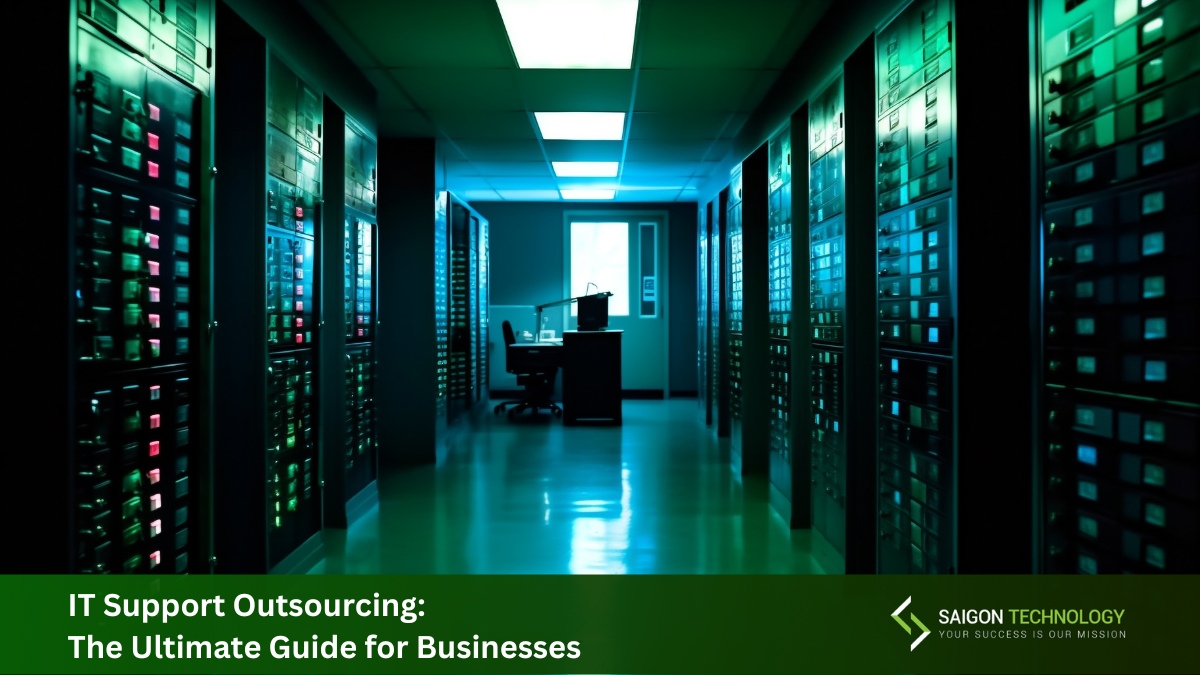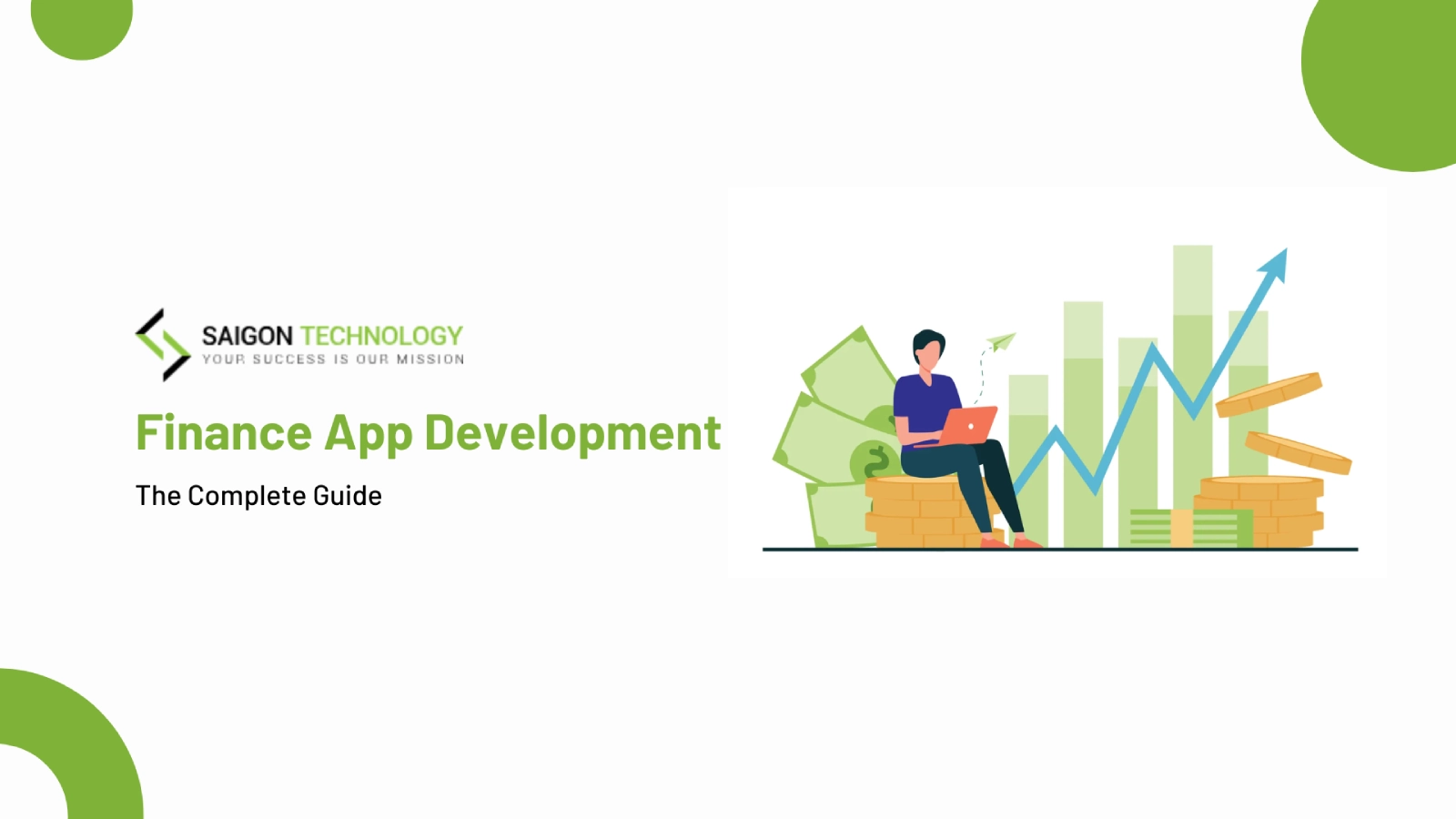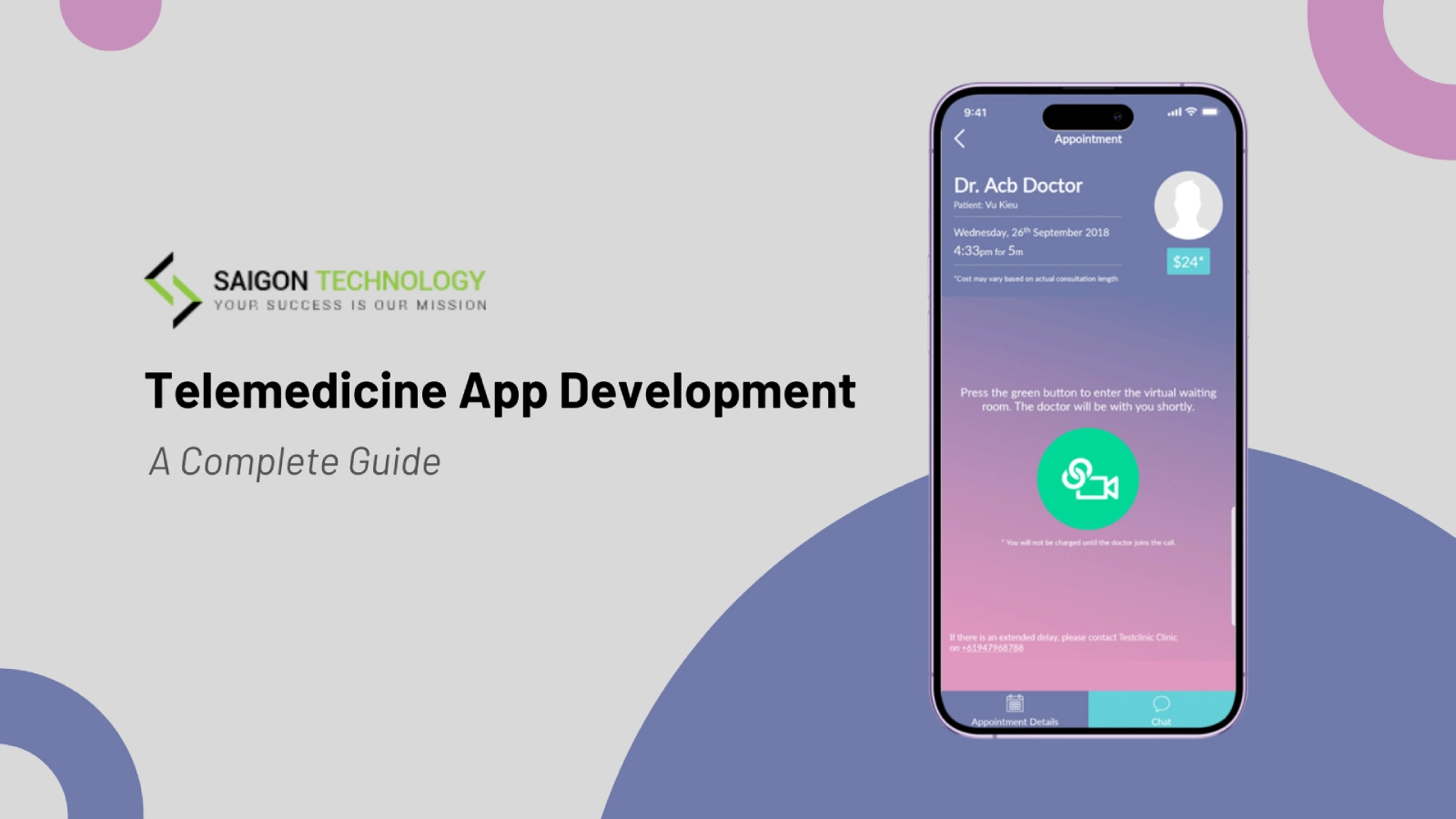Cloud migration has rapidly become one of the most transformative decisions organizations can make in today’s digital landscape. As businesses grow and evolve, adopting cloud technologies has proven crucial for staying competitive, secure, and agile in a rapidly changing environment. In this comprehensive guide, we’ll explore the key aspects of cloud migration, covering its immense benefits, the challenges involved, effective strategies to undertake the process, and essential tools that can simplify your migration journey. Let’s dive in!
What is Cloud Migration?
Cloud migration refers to the process of moving data, applications, or other business elements from on-premises infrastructure to a cloud computing environment. Essentially, it involves transitioning from traditional servers to cloud services provided by vendors such as AWS, Microsoft Azure, or Google Cloud Platform. Organizations may choose to move entirely to the cloud, adopt a hybrid cloud model, or embrace multicloud environments depending on their specific needs.
Benefits of Cloud Migration
The benefits of cloud migration are numerous and impactful, often leading businesses to significant operational improvements. Here are the top benefits organizations gain from migrating to the cloud:
Cost Efficiency
One of the primary advantages of cloud migration is enhanced cost efficiency. Organizations can substantially reduce capital expenditures (CapEx) by moving to an operational expenditure (OpEx) model. This means instead of investing heavily in hardware, maintenance, and physical infrastructure, businesses only pay for what they use. The pay-as-you-go model offered by most cloud providers ensures companies avoid unnecessary expenses, enabling them to allocate resources more strategically. Furthermore, cloud infrastructure eliminates the need for large-scale IT teams, resulting in further cost savings.
Scalability
Scalability is another compelling advantage of cloud migration. The ability to easily scale resources up or down based on demand is crucial for modern businesses. Cloud services allow companies to swiftly adapt to varying workloads, traffic spikes, or seasonal fluctuations. If your business experiences rapid growth or sudden drops in demand, cloud platforms make it effortless to adjust without substantial financial risk or downtime. The elasticity provided by cloud solutions ensures resources are always optimized, leading to enhanced performance and customer satisfaction.
Enhanced Security
Contrary to initial perceptions, cloud providers typically offer significantly better security compared to traditional on-premises environments. Leading cloud service providers invest heavily in advanced security measures, including encryption, access controls, threat detection, and compliance with industry standards like GDPR or HIPAA – all of which directly contribute to stronger application security. By migrating to the cloud, businesses can benefit from advanced security tools and dedicated security teams provided by these vendors, greatly reducing vulnerabilities. Additionally, regular updates, patches, and security audits ensure that data remains protected against emerging threats.
Improved Infrastructure Management
Migrating to the cloud simplifies infrastructure management significantly. Cloud providers take responsibility for infrastructure maintenance, reducing the burden on internal IT teams. Automated updates, streamlined processes, and centralized management allow businesses to focus more on innovation and strategic initiatives rather than maintenance. Cloud infrastructure also enables better performance monitoring and visibility, allowing businesses to respond quickly to any issues and maintain optimal operation.
Increased Agility and Flexibility
Cloud migration drastically increases agility and flexibility, enabling businesses to innovate rapidly and respond to market changes swiftly. Cloud services provide instant access to advanced technologies like artificial intelligence, machine learning, big data analytics, and IoT. With a cloud-based infrastructure, companies can experiment, launch new products, and deploy applications faster. The flexible nature of cloud services allows businesses to integrate new solutions seamlessly, ensuring they’re always ahead in the competitive landscape.
Sustainability
Another important yet often overlooked benefit of cloud migration is sustainability. By shifting to cloud infrastructure, organizations reduce their carbon footprint significantly. Cloud providers leverage energy-efficient data centers, renewable energy sources, and optimized resource utilization, leading to lower energy consumption and reduced environmental impact. Embracing cloud migration thus aligns businesses with sustainable practices, enhancing their brand reputation and compliance with environmental regulations.
Challenges in Cloud Migration
While cloud migration offers numerous benefits, the process is not without its challenges. Being aware of these challenges is crucial for successful migration. Let’s explore some common obstacles:
Technical Complexity
The technical complexity involved in cloud migration can be daunting. Migrating applications, databases, and workloads require careful consideration and expertise. Each migration process involves understanding dependencies, compatibility, and performance expectations. Mismanagement of technical details can lead to data loss, downtime, or inefficiencies. Skilled cloud architects and thorough assessment are essential to mitigate these complexities.
Cost Management
Effective cost management is a challenge for many businesses migrating to the cloud. Without proper oversight, cloud expenses can quickly escalate. Businesses often face difficulties in predicting costs due to variable pricing models, complex billing, and unexpected expenses from underestimating resources. Developing accurate budgeting, monitoring expenses closely, and optimizing resource usage are crucial to maintaining cost efficiency post-migration.
Data Security and Compliance Issues
Data security and compliance pose significant challenges during cloud migration. Organizations dealing with sensitive data must ensure compliance with industry-specific regulations like GDPR, HIPAA, or PCI DSS. Migrating data to the cloud introduces risks such as unauthorized access, data leakage, and potential breaches during data transfer. Additionally, different jurisdictions have distinct data residency laws, making it crucial to select cloud providers that comply with these regulations. To address these issues, businesses should invest in robust security configurations, encryption protocols, and regular security audits.
Organizational Challenges and Skills Gap
Organizational challenges are often underestimated during cloud migration. A major issue is the skills gap—employees may lack the necessary expertise to manage new cloud environments effectively. This gap can lead to resistance, inefficient operations, and inadequate utilization of cloud capabilities. Training and change management initiatives are essential to address this, ensuring that the workforce is equipped with relevant skills and embraces the migration process. Creating a cloud-first culture, coupled with comprehensive training programs, can significantly alleviate these challenges.
Legacy Applications and Interoperability Issues
Many organizations face difficulties migrating legacy applications to the cloud. These applications may not be compatible with modern cloud platforms, requiring extensive re-architecting or refactoring. Such processes can be time-consuming, costly, and risky. Additionally, interoperability between on-premises systems and cloud solutions can be challenging, leading to inefficiencies or data silos. To overcome this, organizations need thorough planning and assessment, potentially opting for a hybrid cloud approach to maintain legacy systems alongside new cloud applications.
Vendor Lock-In
Vendor lock-in is another significant concern in cloud migration. Becoming overly reliant on a single cloud provider can restrict flexibility and increase costs. If an organization later decides to switch providers, the migration process can become complex, disruptive, and expensive. To prevent this, organizations can adopt multicloud strategies, ensuring flexibility and reducing dependence on a single vendor. Careful evaluation of providers and adopting open standards can mitigate this risk.
Cloud Migration Process
The cloud migration process typically involves several critical stages to ensure smooth, effective transitions. Let’s delve into these stages:
Assessment and Planning
The first and crucial step in cloud migration is assessment and planning. This involves evaluating existing IT infrastructure, applications, data, and workloads to determine readiness for migration. Organizations must understand dependencies, identify risks, and define clear objectives. Tools like application inventory assessments and cloud readiness evaluations help in creating detailed migration plans and budgets, ensuring alignment with business goals.
Workload Prioritization and Cloud Roadmap
Once assessment is complete, organizations need to prioritize workloads. Not all applications are suitable for immediate migration, making workload prioritization essential. Critical, business-impacting workloads usually get priority. Based on this prioritization, organizations develop a cloud roadmap, outlining a phased approach to migration, timelines, and resource allocation. A well-defined roadmap reduces risks and facilitates smoother migration.
Data Migration and Synchronization
Data migration is a critical phase, involving the transfer of vast amounts of data securely and efficiently to the cloud. Techniques like incremental migration, batch transfer, and real-time synchronization are used based on the business requirements. During this stage, maintaining data integrity, minimizing downtime, and ensuring security through encryption and access controls are paramount. Tools like AWS Database Migration Service or Azure Data Box simplify data transfer and synchronization, ensuring minimal disruption.
Application Modernization and Pilot Applications
Often, applications may need modernization or refactoring for optimal cloud performance. Organizations can choose to modernize these applications during migration, improving their efficiency, scalability, and performance in the cloud. Deploying pilot applications first allows businesses to test performance, identify potential issues, and refine migration strategies before larger-scale migration, reducing overall risks.
Migration and Performance Monitoring
Actual migration involves moving applications, databases, and services to the cloud based on the developed strategy. This phase requires meticulous execution to prevent downtime, data loss, or service disruptions. Post-migration, performance monitoring becomes critical. Organizations need to monitor application performance, infrastructure utilization, and end-user experience closely. Monitoring tools provide insights, enabling quick adjustments and ensuring seamless operations.
Optimization and Security Configurations
After migration, the optimization phase focuses on ensuring that cloud resources are used efficiently, and costs remain under control. Regular reviews of cloud usage patterns help in rightsizing instances, eliminating waste, and optimizing performance. Simultaneously, configuring advanced security settings, access controls, and compliance checks ensure the environment remains secure and compliant. Continuous optimization ensures that businesses maximize their cloud investment over time.
Cloud Migration Strategies
Organizations must select suitable cloud migration strategies based on their specific needs, objectivities and also for back-up. Below, we discuss the widely recognized “5 R’s” of cloud migration:
The 5 R’s of Cloud Migration
The 5 R’s represent common migration approaches, each with unique benefits:
Rehosting (Lift and Shift)
Rehosting, commonly known as “lift and shift,” involves migrating applications directly to the cloud without significant changes. This method is quick, cost-effective, and suitable for legacy applications requiring minimal disruption. However, it might not fully leverage cloud benefits without further optimization.
Replatforming
Replatforming involves minor modifications to applications to optimize their performance in the cloud. It provides a balance between effort and benefits, enabling applications to leverage cloud services like managed databases or autoscaling without full re-architecting.
Refactoring/Re-architecting
Refactoring entails redesigning applications from scratch to fully leverage cloud-native features like microservices, containers, or serverless computing. Although resource-intensive, this approach provides maximum benefits, including scalability, performance, and cost optimization.
Repurchasing
Repurchasing involves transitioning from traditional applications to SaaS solutions, replacing on-premises applications entirely. This approach simplifies management, reduces maintenance, and provides immediate access to modern features. An example is shifting from on-premises CRM to Salesforce.
Retiring
Retiring involves identifying and shutting down obsolete applications during the migration process. This strategy helps eliminate redundant applications, reduces costs, and simplifies management.
Cloud Migration Tools
Numerous tools facilitate seamless cloud migration, offering capabilities like data transfer, integration, and management:
AWS Cloud Migration Tools
AWS offers comprehensive tools like AWS Migration Hub, AWS Database Migration Service, and AWS Server Migration Service. These tools simplify planning, data transfer, and application migration, offering detailed insights and automation.
Azure Migrate and Azure Data Box
Microsoft Azure provides Azure Migrate, a comprehensive tool assessing readiness, planning, and executing migrations. Azure Data Box simplifies large-scale data transfer with secure, physical devices.
Google Workspace and Google Cloud Tools
Google provides robust tools like Google Workspace Migration for data transfer and Google Cloud Migrate for Compute Engine, facilitating workload migration, application modernization, and optimization.
NetApp Cloud Volumes ONTAP and SnapMirror
NetApp’s Cloud Volumes ONTAP and SnapMirror provide efficient data replication, synchronization, and storage management. These tools optimize storage and ensure data integrity during migration.
RackWare Management Module (RMM)
RackWare RMM offers automation, disaster recovery, and application mobility, enabling seamless migration across hybrid and multicloud environments with minimal downtime.
IBM Turbonomic
IBM Turbonomic helps manage performance and cost optimization during cloud migration. It provides insights, automation, and real-time optimization, ensuring efficient resource utilization.
Managed Service Models
Managed service models provide organizations with flexible, cost-effective solutions to streamline cloud migration and management, ensuring ongoing support, scalability, and reliability. Here’s a detailed look at these models:
IaaS, PaaS, and SaaS Models
Cloud migration often involves choosing between Infrastructure as a Service (IaaS), Platform as a Service (PaaS), and Software as a Service (SaaS). Each offers distinct benefits:
-
IaaS provides virtualized computing resources (servers, storage, networking) managed by cloud providers. Businesses maintain control over applications and operating systems, ideal for flexibility and customization.
-
PaaS offers development environments with infrastructure and middleware managed by providers, suitable for application development, testing, and deployment, reducing complexity and accelerating development.
-
SaaS delivers complete software applications hosted by providers, eliminating infrastructure maintenance. This model offers rapid deployment, ease of use, and lower upfront costs, making it ideal for businesses seeking simplicity.
Hybrid Clouds and Multicloud Models
Many organizations adopt hybrid cloud or multicloud strategies for increased flexibility and risk management.
-
Hybrid cloud combines on-premises infrastructure with public cloud services, allowing businesses to manage legacy systems while benefiting from cloud scalability and agility.
-
Multicloud involves using multiple cloud providers simultaneously, preventing vendor lock-in, optimizing costs, and ensuring business continuity by distributing workloads across different platforms based on their strengths.
Shared Responsibility Model
Cloud migration introduces the shared responsibility model, defining responsibilities between the cloud provider and customer. Providers typically manage infrastructure security and compliance, while customers are responsible for data security, access management, and application-level controls. Understanding this model helps businesses secure their environments effectively and meet compliance requirements.
AWS Database Migration Service
AWS Database Migration Service (AWS DMS) exemplifies managed service offerings simplifying migration. AWS DMS facilitates secure, seamless, and low-downtime database migration across various database engines, ensuring data integrity, minimal disruption, and continuous replication capabilities, enhancing overall migration efficiency.
Types of Cloud Migration
Organizations select migration types based on specific objectives, workloads, and complexity. Here are common types of cloud migration:
Complete Data Center Migration
Complete data center migration involves moving all IT resources—applications, data, and workloads—to the cloud, reducing physical infrastructure dependency. This comprehensive approach yields cost savings, improved scalability, and simplified management. However, meticulous planning, risk assessment, and phased execution are critical to prevent significant downtime or operational disruptions.
Workload-Specific Migration
Workload-specific migration focuses on moving particular applications or services based on priority, complexity, and business impact. Organizations might migrate critical applications first, followed by less essential systems, allowing gradual, controlled migration, minimizing risks, and testing effectiveness incrementally.
Hybrid Cloud Migration
Hybrid cloud migration involves integrating cloud solutions with existing on-premises systems, enabling businesses to leverage cloud scalability while maintaining legacy systems. Ideal for organizations requiring data residency compliance, complex legacy systems, or phased migration, hybrid cloud facilitates gradual transition, reduced risk, and enhanced flexibility.
Microservices and Serverless Computing
Migrating to a microservices architecture or adopting serverless computing represents advanced migration approaches.
-
Microservices involve breaking monolithic applications into smaller, independently deployable services, increasing agility, scalability, and maintainability.
-
Serverless computing allows businesses to build applications without managing underlying infrastructure. Cloud providers dynamically allocate resources, ensuring optimal performance, cost efficiency, and rapid scalability.
Reverse Cloud Migration
Reverse cloud migration, or cloud repatriation, refers to moving workloads from cloud environments back to on-premises infrastructure. This occurs when cloud costs, performance issues, compliance, or security concerns outweigh cloud benefits. Proper assessment, understanding requirements, and analyzing long-term implications are crucial before initiating reverse migration.
FAQs
Q1: What is the primary benefit of cloud migration?
A1: The primary benefit is cost efficiency, followed by scalability, agility, enhanced security, and simplified infrastructure management.
Q2: What are common cloud migration challenges?
A2: Challenges include technical complexity, data security and compliance, cost management, skills gap, legacy system compatibility, and vendor lock-in.
Q3: What are the 5 R’s of cloud migration?
A3: They are Rehosting, Replatforming, Refactoring, Repurchasing, and Retiring.
Q4: Which tools facilitate cloud migration?
A4: Popular tools include AWS Migration Hub, Azure Migrate, Google Cloud Migrate, NetApp SnapMirror, and RackWare RMM.
Q5: What is hybrid cloud migration?
A5: It combines cloud services with on-premises infrastructure, allowing a phased approach and ensuring legacy system compatibility.
Q6: How do managed service models simplify migration?
A6: Models like IaaS, PaaS, and SaaS streamline migration by providing managed environments, reducing complexity, and minimizing management burdens.
Conclusion
Cloud migration is transformative, offering businesses unparalleled advantages in cost efficiency, scalability, security, and agility. However, migration involves navigating challenges like technical complexity, cost management, and data security. Selecting appropriate migration strategies, leveraging effective tools, and understanding managed service models are critical for successful migration. Organizations embracing cloud migration strategically position themselves for innovation, competitiveness, and sustained growth in the dynamic digital landscape.


